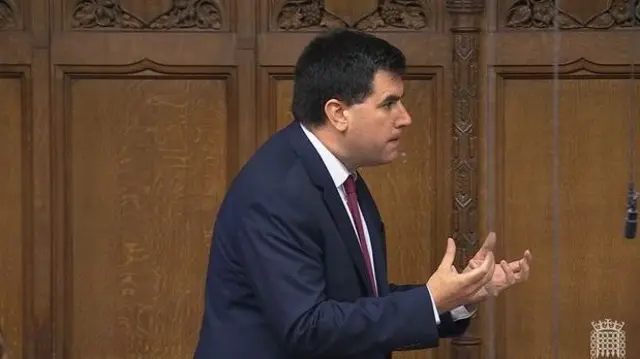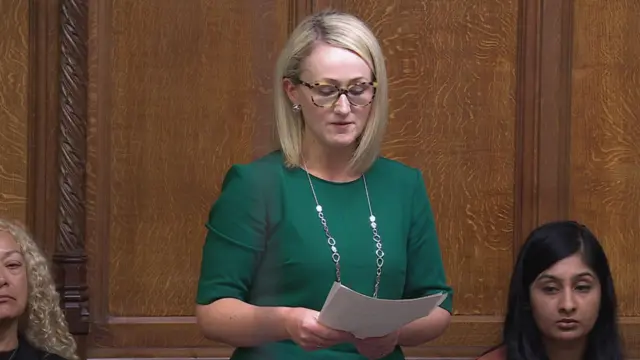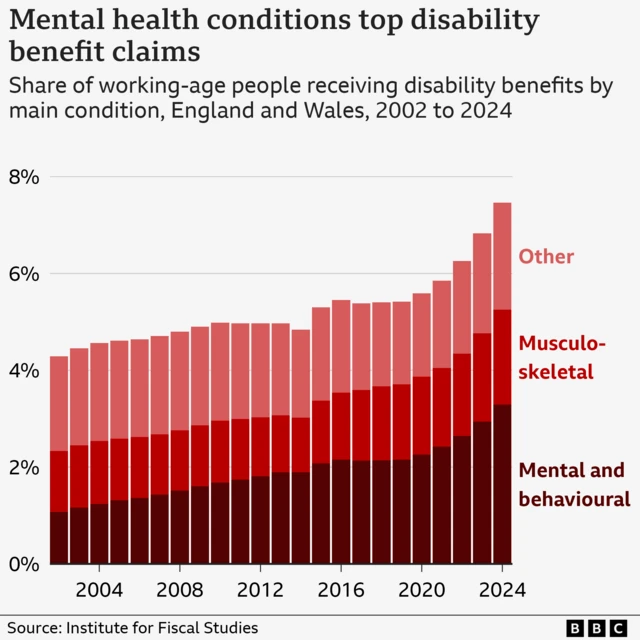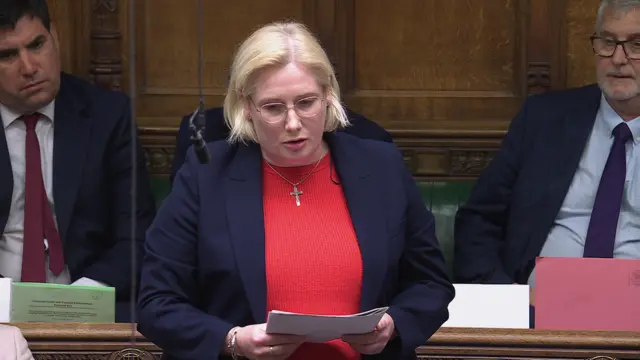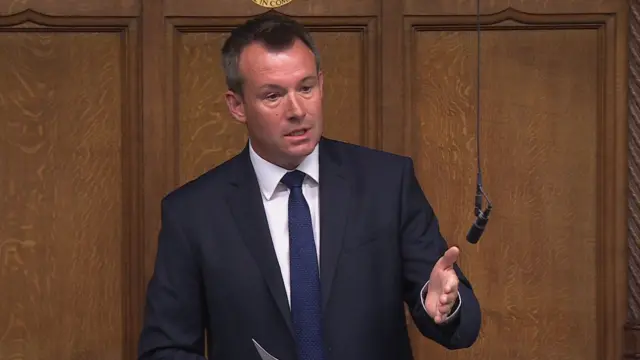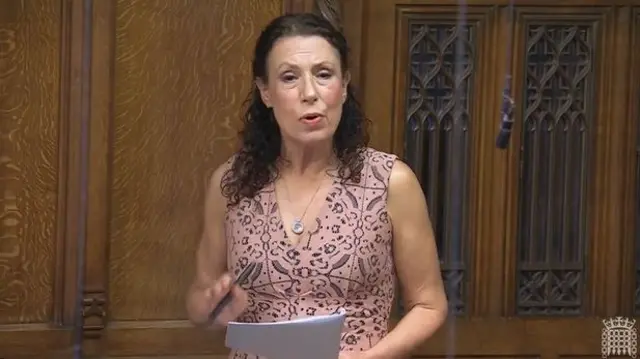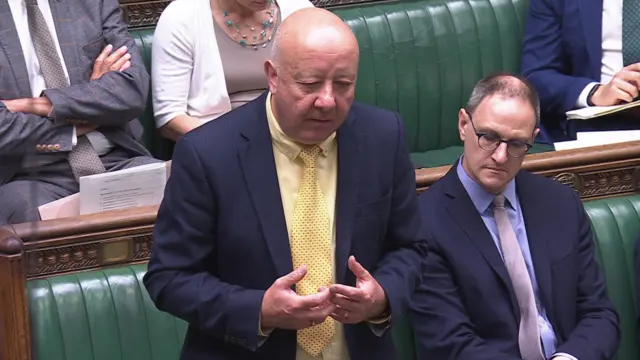Corbyn urges withdrawal of bill, regardless of cost to taxpayerpublished at 16:30 BST 1 July
Former Labour leader Jeremy Corbyn says it's a "crucial moment" for many.
He says the origin of the bill was a demand to save £5bn, which he claims was "wanted by the defence secretary for more armaments".
"No doubt other departments as well were making demands", he says.
"So the whole thing has been driven from a bad source at the very beginning," Corbyn tells the Commons, adding that he believes it would be better for the government to withdraw the bill and allow the Timms review to take place.
He adds: "If withdrawing the bill does cost us more money as a society, so be it."


